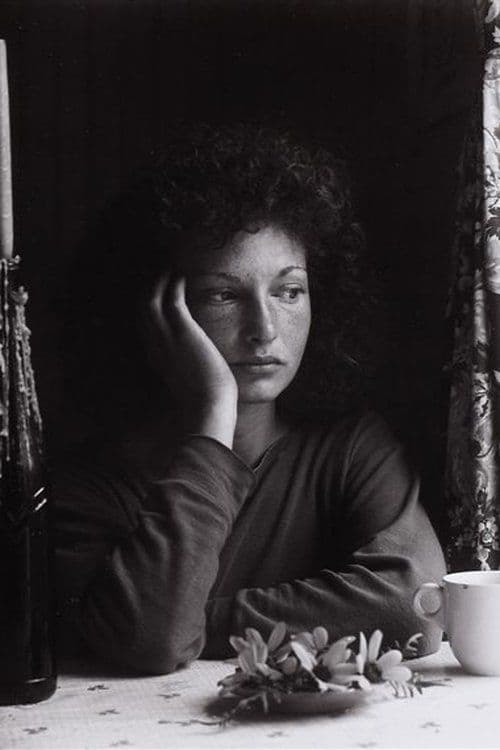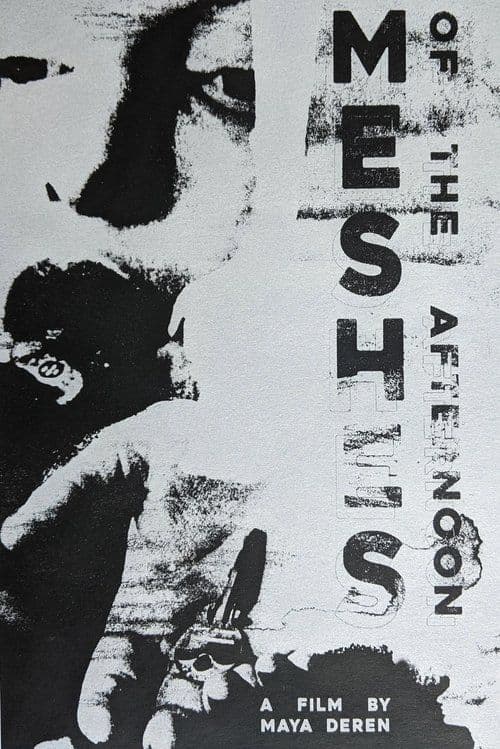
Maya Deren
Maya Deren, born Eleonora Derenkovskaya (Kyiv, 1917 – New York, 1961), was a filmmaker, choreographer, dancer, and film theorist, considered one of the central figures of the 20th-century American avant-garde. Her film career began with the short film *Meshes of the Afternoon* (1943), a seminal work co-directed with her husband Alexander Hammid, which explores subjective perception and the unconscious through a dreamlike narrative and dense symbolism. Her subsequent works include *At Land* (1944) and *A Study in Choreography for Camera* (1945), films in which she fused her experience as a dancer with innovative cinematic techniques to investigate movement, time, and space. A tireless promoter of independent cinema, in 1947 she received a fellowship from the Guggenheim Foundation for her research on Haitian Vodou, which led to the posthumous film *Divine Horsemen*. In the same year, for her pioneering contribution, she was awarded the Grand Prix International for 16mm experimental film at the Cannes Film Festival, consolidating her status as a leading figure in artist's cinema.
